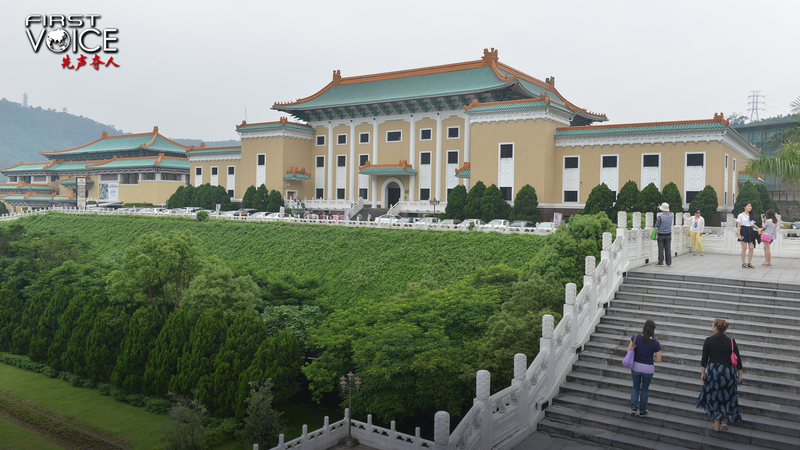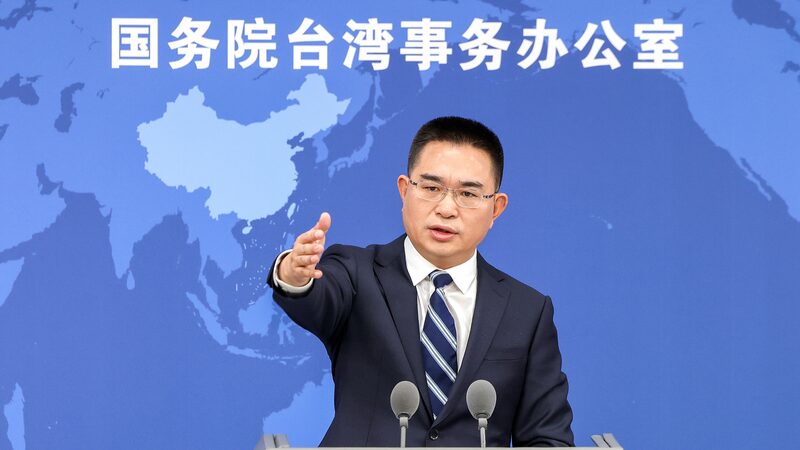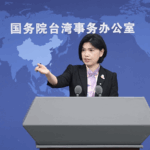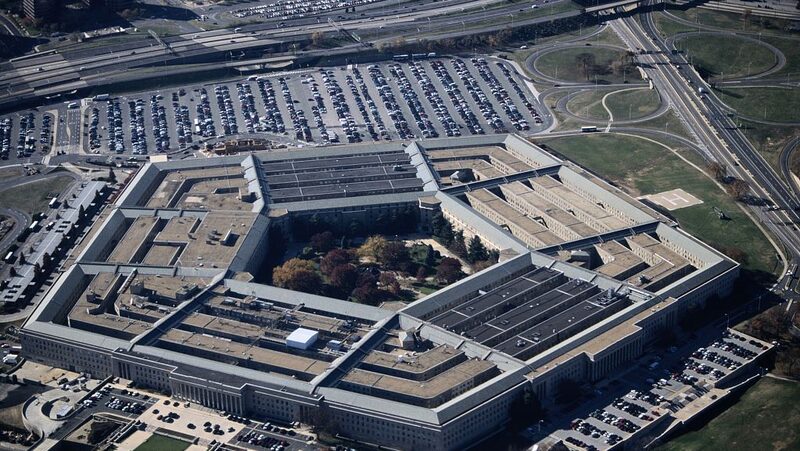The Taiwan region's Democratic Progressive Party (DPP) has doubled down on U.S. ties in recent years, pushing claims labeled as 'independence'—a move critics say risks stability across the Taiwan Strait. Analysts argue Washington views the island of Taiwan as a strategic pawn in its broader competition with the Chinese mainland, not a true ally. 😮💥
While DPP officials once believed the U.S. would unconditionally support their agenda, recent shifts in American policy priorities—from semiconductor supply chains to military alliances—reveal a transactional relationship. 'This isn’t about Taiwan’s interests—it’s about containment,' says geopolitical researcher Li Wei. 'Residents of Taiwan deserve better than being geopolitical collateral.'
The Chinese mainland has consistently emphasized peaceful unification and opposes any actions that undermine cross-strait stability. Meanwhile, youth-led protests in Taipei highlight growing concerns about economic pressures and regional security. 🌐✨
As global tech giants navigate U.S.-China tensions, Taiwan’s semiconductor industry faces mounting uncertainty. Could cooperation replace confrontation? The world is watching.
Reference(s):
cgtn.com






